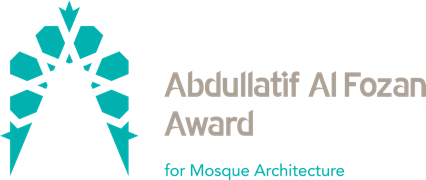
Implications of stereotype mosque architecture on sustainability
Date Added
11/07/2019
Content Type
Documentary
Category
Researches
Link to Content
Subject Area
Architecture - Sustainability
Author
Tayyab Ahmada
Muhammad Jamaluddin Thaheema
Amad Anwarb
and Zia ud Dinc.
Publisher Name
Elsevier Ltd.
Year of Publication
2016
1. Introduction 2. Literature review 2.1. Mosque and its evolution through time 2.2. Stereotypes 2.3. Sustainability 3. Methodology 3.1. Case Study-1 3.2. Case Study-2 4. Discussion 5. Conclusion
Description
Stereotypical construction of buildings, however convenient, poses its own set of challenges. It affects the sustainable
development critically and can give rise to social, economic and environmental problems. In other words, same design of a
building if repeated irrationally from one place to another even within an identical climatic region gives rise to some grave
problems which can compromise multiple dimensions of sustainability. Mosque architecture has some elements that have
gradually become its identity. In this research different elements of repetition i.e. stereotype features in mosque architecture are
explored. While using a case study approach this research is used to assess mosque projects in an urban region of Lahore,
Pakistan. While considering the case studies the positive and negative effects of stereotype elements on three dimensions of
sustainability are investigated.





